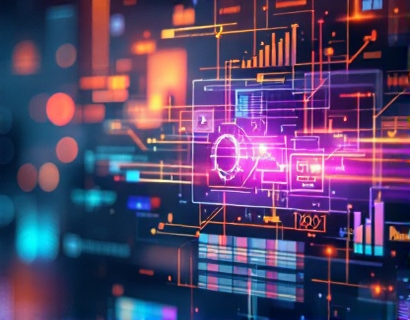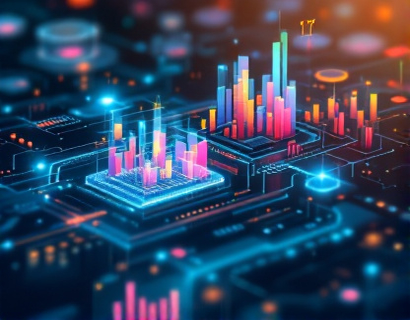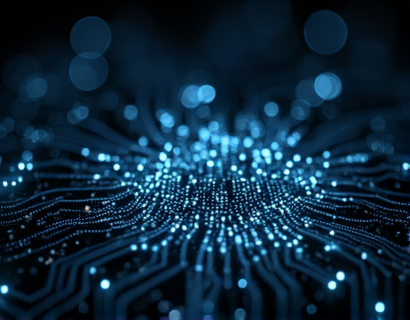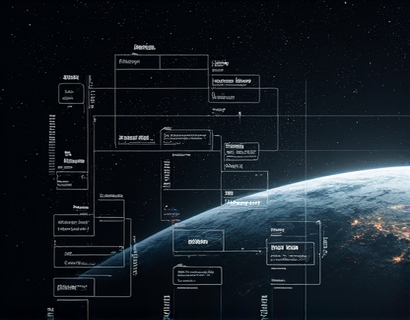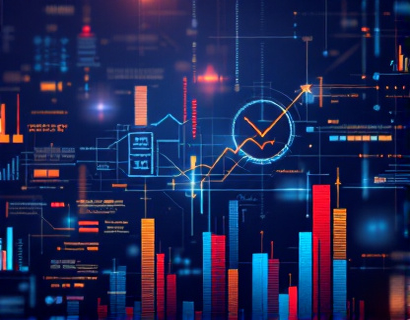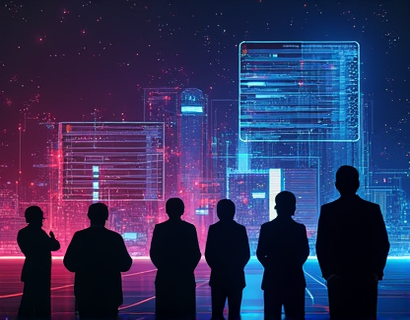Decentralized Productivity Revolution: Harnessing AI and Crypto for Next-Gen Solutions
The world of productivity is undergoing a profound transformation, driven by the convergence of artificial intelligence (AI) and cryptocurrency. This revolution is not just about adopting new technologies but about reimagining how we work, collaborate, and manage our digital lives. For tech-savvy individuals, AI enthusiasts, early adopters of digital solutions, and productivity-focused professionals, this evolution promises a future where efficiency and connectivity reach unprecedented levels. This article delves into the intricacies of this decentralized productivity revolution, exploring how AI and crypto are merging to create innovative solutions that redefine the digital landscape.
Understanding the Decentralized Productivity Ecosystem
The traditional centralized models of productivity are being challenged by decentralized alternatives. In a decentralized ecosystem, control and data ownership are distributed among users rather than being held by a single entity. This shift is facilitated by blockchain technology, the backbone of cryptocurrency, which ensures transparency, security, and immutability. When combined with AI, these decentralized systems can automate complex tasks, optimize workflows, and enhance decision-making processes.
AI in Decentralized Productivity
AI plays a pivotal role in the decentralized productivity revolution by providing intelligent automation and personalized experiences. Smart contracts, powered by AI, can execute tasks based on predefined conditions without human intervention. For instance, AI-driven bots can manage project timelines, allocate resources, and even predict potential bottlenecks, ensuring smooth and efficient project execution. Additionally, AI algorithms can analyze vast amounts of data to offer insights and recommendations, helping users make informed decisions.
Cryptocurrency and Decentralized Finance (DeFi)
Cryptocurrency is more than just a digital currency; it is a foundational element of decentralized finance (DeFi). DeFi platforms offer financial services such as lending, borrowing, and trading without intermediaries. In the context of productivity, DeFi can provide seamless payment solutions, tokenized incentives, and decentralized storage options. For example, users can earn tokens for contributing to decentralized networks, which can be used to access premium productivity tools or services. This token economy motivates participation and fosters a community-driven approach to innovation.
Enhancing Efficiency through Decentralized Tools
Decentralized tools are redefining efficiency in various aspects of productivity. Cloud storage solutions built on blockchain ensure that data is secure and accessible only to authorized users, eliminating the risk of data breaches. Decentralized version control systems, like Git alternatives on blockchain, allow multiple developers to collaborate on code without central servers, reducing the risk of data loss and increasing transparency. These tools not only enhance security but also improve collaboration and accountability among team members.
Connectivity and Interoperability
One of the key advantages of decentralized productivity solutions is their interoperability. Unlike centralized systems that often operate in silos, decentralized platforms can seamlessly integrate with other blockchain and AI-based services. This interconnectedness allows for a more fluid and efficient workflow, where data and assets can move freely across different applications and ecosystems. For instance, a project management tool can integrate with a payment system, a storage solution, and a communication platform, all within a decentralized framework, creating a cohesive and streamlined work environment.
User Empowerment and Data Sovereignty
The decentralized approach empowers users by giving them control over their data and digital assets. In a centralized system, users often have limited control and must trust the platform to handle their information securely. Decentralized solutions, on the other hand, allow users to own and manage their data, deciding who can access it and for what purpose. This data sovereignty is a significant shift, fostering trust and encouraging more users to adopt decentralized productivity tools.
Challenges and Considerations
While the potential of decentralized productivity solutions is vast, there are challenges that need to be addressed. Scalability remains a critical issue, as blockchain networks can struggle with high transaction volumes. Additionally, the complexity of blockchain technology can be a barrier for some users, requiring intuitive and user-friendly interfaces to bridge the gap. Regulatory uncertainties also pose challenges, as the legal framework for decentralized technologies is still evolving. Despite these hurdles, ongoing research and development are steadily overcoming these obstacles.
Case Studies and Real-World Applications
Several projects are already demonstrating the practical applications of decentralized productivity solutions. For example, a decentralized task management platform uses AI to optimize task assignments based on user availability and skill sets, while ensuring that all transactions are recorded on a blockchain for transparency. Another project leverages DeFi to create a token-based incentive system for contributors to a collaborative research initiative, ensuring that all participants are fairly compensated for their efforts. These real-world applications showcase the transformative potential of combining AI and cryptocurrency in productivity tools.
Future Trends and Innovations
The future of decentralized productivity is bright, with several trends and innovations on the horizon. The integration of AI and machine learning will continue to enhance the capabilities of decentralized tools, making them more intelligent and user-friendly. The development of layer 2 solutions and cross-chain interoperability will address scalability issues, allowing for smoother and faster transactions. Moreover, the rise of Web3 technologies will further embed decentralized principles into the fabric of the internet, making decentralized productivity the norm rather than the exception.
Conclusion
The convergence of AI and cryptocurrency is ushering in a new era of productivity, one that is more efficient, secure, and user-centric. Decentralized solutions are not just a novelty but a fundamental shift in how we approach digital work and collaboration. For those at the forefront of this revolution, the opportunities are immense. By embracing these decentralized productivity tools, professionals can unlock new levels of efficiency, connectivity, and innovation, paving the way for a more empowered and connected digital future.










